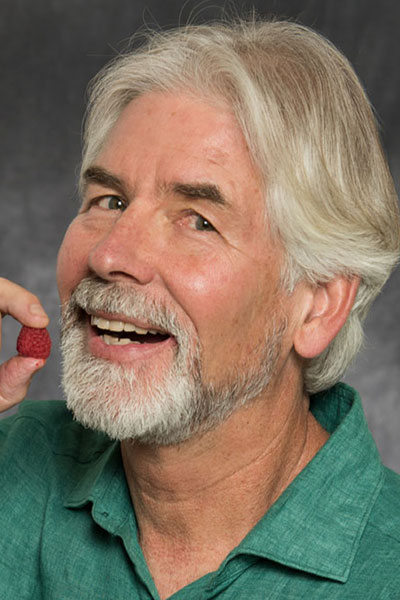
Diet is one of the most common ways people with diabetes manage their symptoms. It’s an invaluable part of the disease process. But it’s much more complex than balancing daily caloric intake and expenditure.
This nuanced topic will be discussed in Beyond ‘Calories In, Calories Out’ in Treating Obesity on Saturday, June 24, at 8:00 a.m. PT in Ballroom 6A-B of the San Diego Convention Center. This symposium also will be available via livestream for registered meeting participants.
Presenters will include Christopher Gardner, PhD, Director of Nutrition Studies at the Stanford Prevention Research Center and the Rehnborg Farquhar Professor of Medicine, Stanford University; Barbara J. Rolls, PhD, Professor and the Helen A. Guthrie Chair and Director of the Laboratory for the Study of Human Ingestive Behavior at Penn State University; and Kevin D. Hall, PhD, Senior Investigator at the National Institute of Diabetes and Digestive and Kidney Diseases (NIDDK).
“I think collectively, the three of us will show how viable a more plant-based, whole-food diet is for managing calories in and calories out in terms of overall health,” Dr. Gardner said.
The presenters each will approach nutrition research from a different angle to illustrate a multifaceted understanding of how humans use food and how nutrition can improve health in people with diabetes.

Dr. Gardner will challenge long-held beliefs about the necessity and quality of animal protein in the human diet. In his body of research, Dr. Gardner discovered that the necessary dietary amino acids found in animals can also be obtained from plant-based foods. He contends there is equal nutrition in a plant-based diet and an animal-based one, and there may be benefits for both the individual and the planet in consuming a plant-based diet.
This is important to consider for three reasons, he said.
“One is because of the rampant diabetes and obesity that’s going on,” Dr. Gardener explained. “Two, because of the connection between food and climate change. That includes not just greenhouse gasses, but also other planetary boundary issues such as land use, water use, eutrophication from nitrogen and phosphorus runoff, and biodiversity loss. And three is addressing misinformation in social media.”
Dr. Rolls will discuss how food properties such as portion size and calorie density affect food intake.
The combined effects of the portions consumed and the density of the calories in those portions are major determinants of energy intake, Dr. Rolls said. The two main influences on calorie density are a food’s fat and water content. Essentially, foods with high water content and low fat content are low in calorie density.
“Hunger and thirst are controlled by different systems. So, it’s not effective to just drink more water to control appetite,” she said. “Incorporating more water-rich foods such as vegetables and fruits into the diet helps to reduce calorie intake.”
An example of incorporating a water-rich food item that is lower in calorie density is swapping zucchini for sausage in a casserole. A person can eat a satisfying portion of that dish for fewer calories, all while receiving essential dietary nutrients. These concepts of how to control food intake, and in turn obesity, are especially important for people with diabetes, Rolls said.
Dr. Hall will discuss how highly processed foods affect the scale of energy balance.